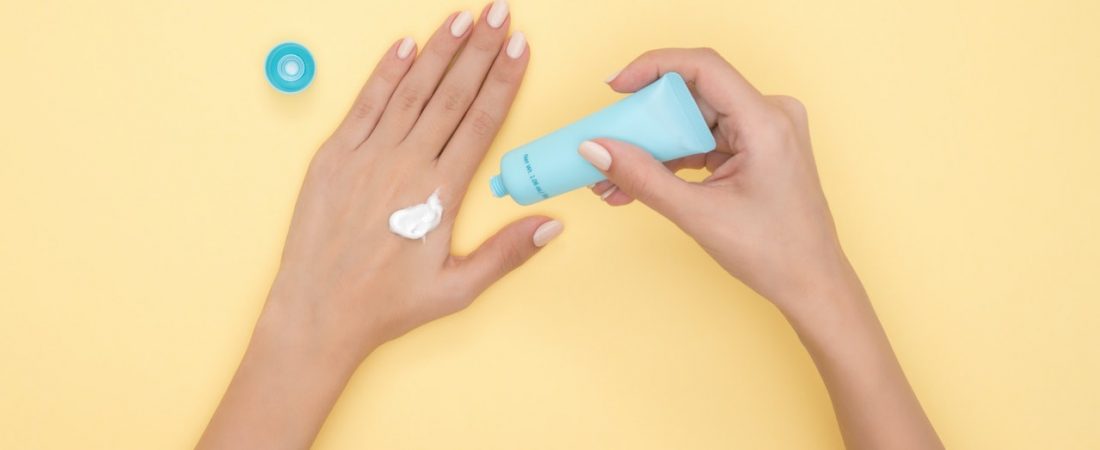Warm Weather Skincare Trends for June
While having a daily skincare routine is a must for healthy, smooth skin, there are always new techniques and trends that may be worth a look.
Here are some Sonoma County warm weather skincare ideas that are trending in June, 2022.
Trending: Streamlined Yet Effective Daily Skincare Routines
Warm weather activities pack even more into already tight schedules. Because of this, one warm weather trend is to maintain a good skincare routine in less time.
Who doesn’t love to try new products or use the latest and greatest products that promise to fix our skincare issues? If you find yourself collecting tons of skincare products, you may also find yourself adding more and more steps to your daily routine.
This doesn’t work for a couple of reasons. First, mixing multiple skincare products together may be counterproductive or even damaging to your skin. Secondly, adding more steps discourages commitment because it takes too much time.
Instead of adding more products, the trend is to lean towards simple, streamlined skincare routines.
Specifically, look for products that perform double or triple duty in one step. For example, one product that hydrates, moisturizes and tightens pores.
Trending: Sustainable Cleansing Bars
Cleansing bars are currently all the rage because you can customize the bar to address specific skin issues. Some available options help clear up acne, hydrate, tighten and reduce the appearance of pores.
Choose from super-fatty, nourishing, organic bars to ramp up the cleansing routine to a luxurious level while leaving your skin refreshed and looking healthy.
The added bonus of cleansing bars is that many of them come in environmentally-friendly, sustainable packaging instead of plastic containers with extra packing materials.
As an added bonus, choosing high quality, handmade cleansing bars supports local businesses.
Trending: Skin Loving Chemical Exfoliants
Chemical exfoliants may lead you to believe you’re in for a harsh, skin-irritating experience.
However, in place of facial scrubs, the new wave of trending exfoliants get the job done without damaging or drying out underlying layers of new skin.
Whether you need to exfoliant to reduce hyperpigmentation, scarring or just get a fresh-faced look, turn to gentle exfoliating acids to improve skin texture while leaving skin soft, smooth and hydrated.
Use gentle AHAs (or Alpha Hydroxy Acids) containing lactic, glycolic tartaric or malic acid for normal, dry or oily skin for correcting hyperpigmentation or fine lines/wrinkles.
Use gentle BHAs (or Beta Hydroxy Acids) containing salicylic acid for exfoliating oily, clogged or acne-prone skin.
Wrap Up
The latest warm weather trends focus on products that can perform multiple functions while still delivering clean, hydrated, fresh-looking skin gently and naturally.
Face the warm weather ahead by scheduling an appointment with Laura Skincare in Petaluma. Our skincare professionals offer facials and peels to give your skin the clean slate it needs, while recommending trending skincare solutions customized just for you.


